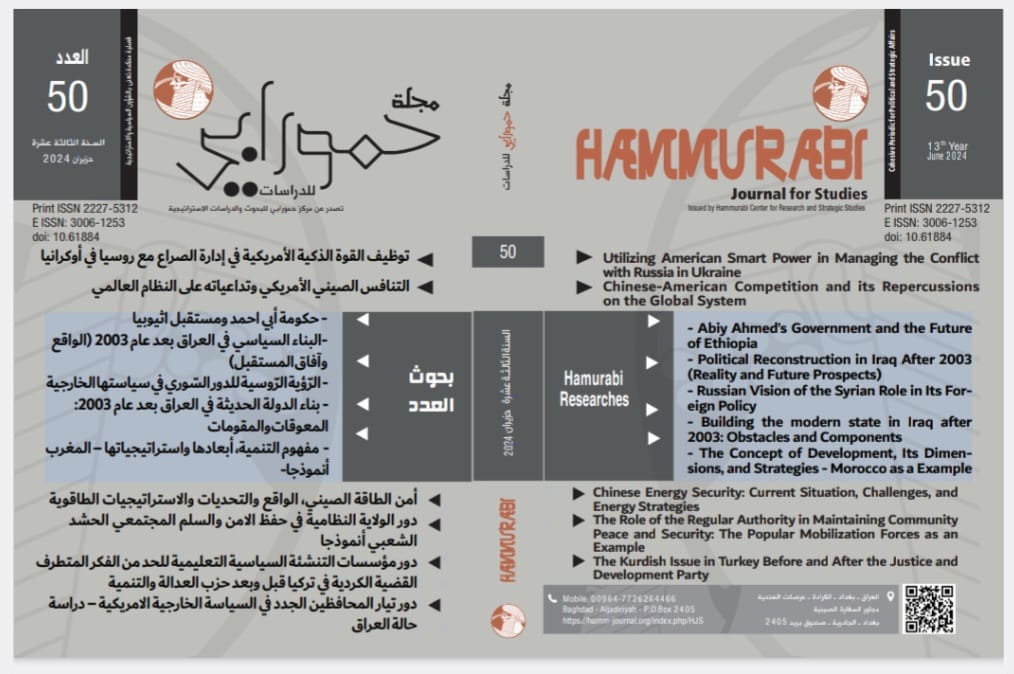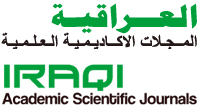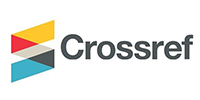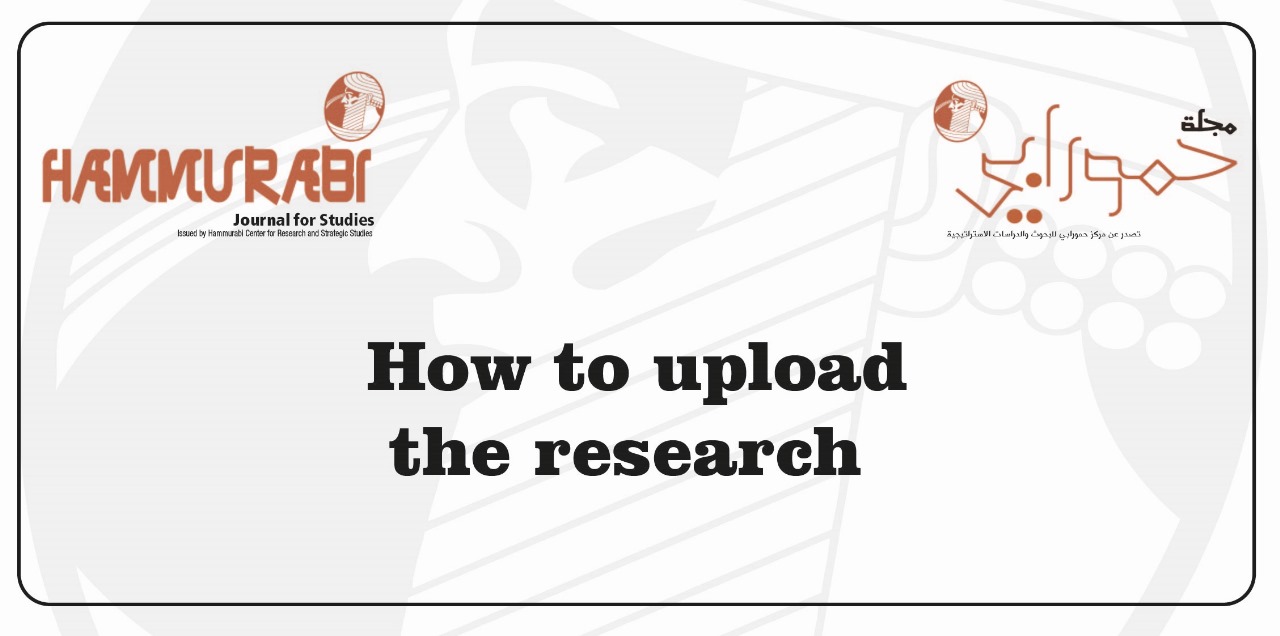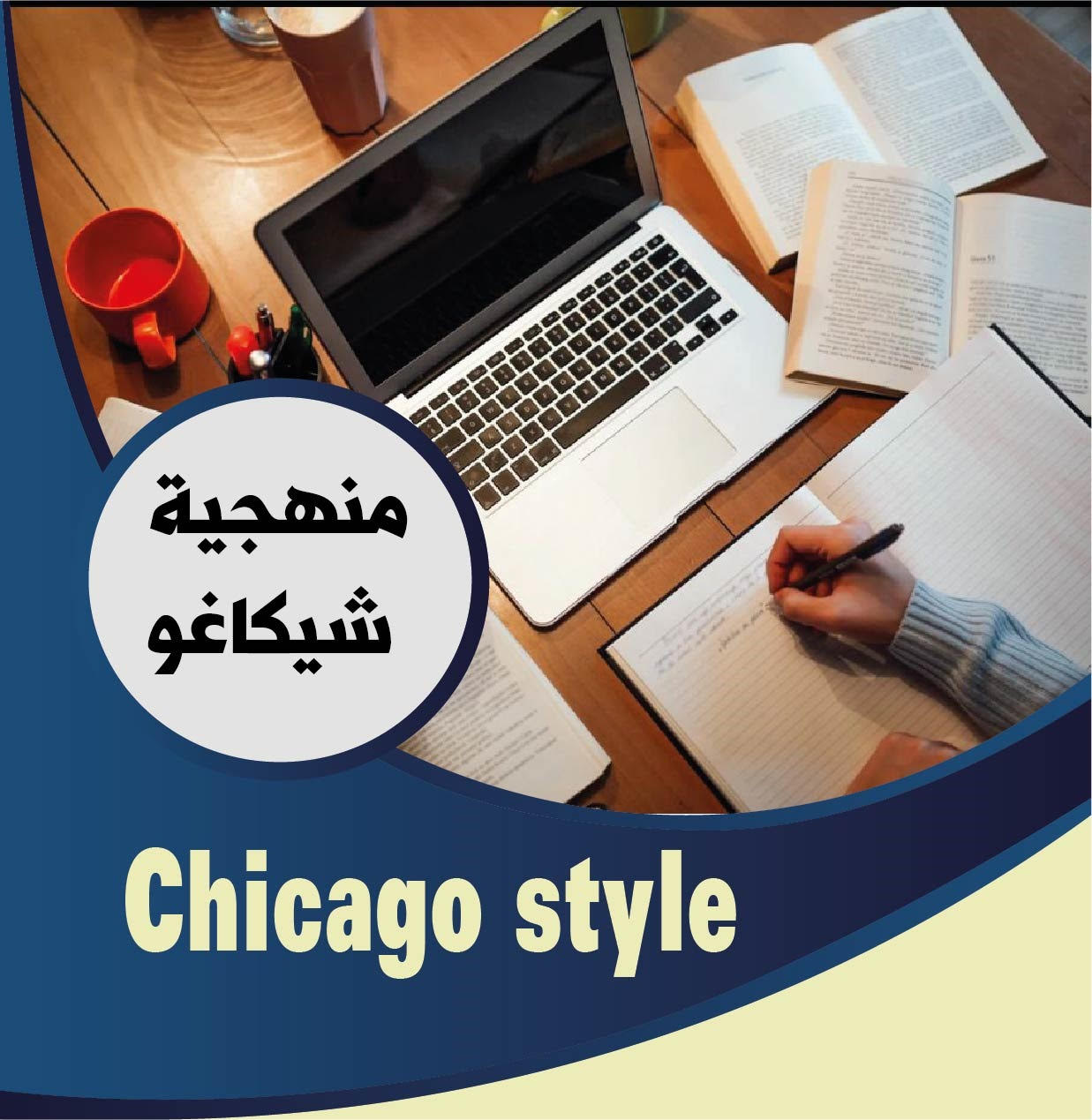The Army and Political Authority in the Arab Developing Countries: Intellectual Debates in a Post-Cold War Environment
DOI:
https://doi.org/10.61884/hjs.v13i50.477Abstract
With the end of the Cold War marked by the collapse of the Soviet Union and the triumph of Western democracy in the early 1990s, most proponents of liberal political culture believed that a new era of "democratic diffusion" in developing countries had begun. They argued that Western support for their political elites would lead them to rid themselves of their authoritarian regimes. Since many of these countries were under the control of military authoritarian systems, it became clear that the promised "democratic diffusion" aimed to restore political elites to power after removing the military from it. To better understand this emerging situation, particularly the extent to which the new environment of the international system facilitated political reform towards democratic transition in developing countries, it was necessary to dissect the interactions of their civil-military relations in light of the perceptions generated by the end of the Cold War.
Keywords: Army, Political Authority, Democratic Transition, Liberalism
